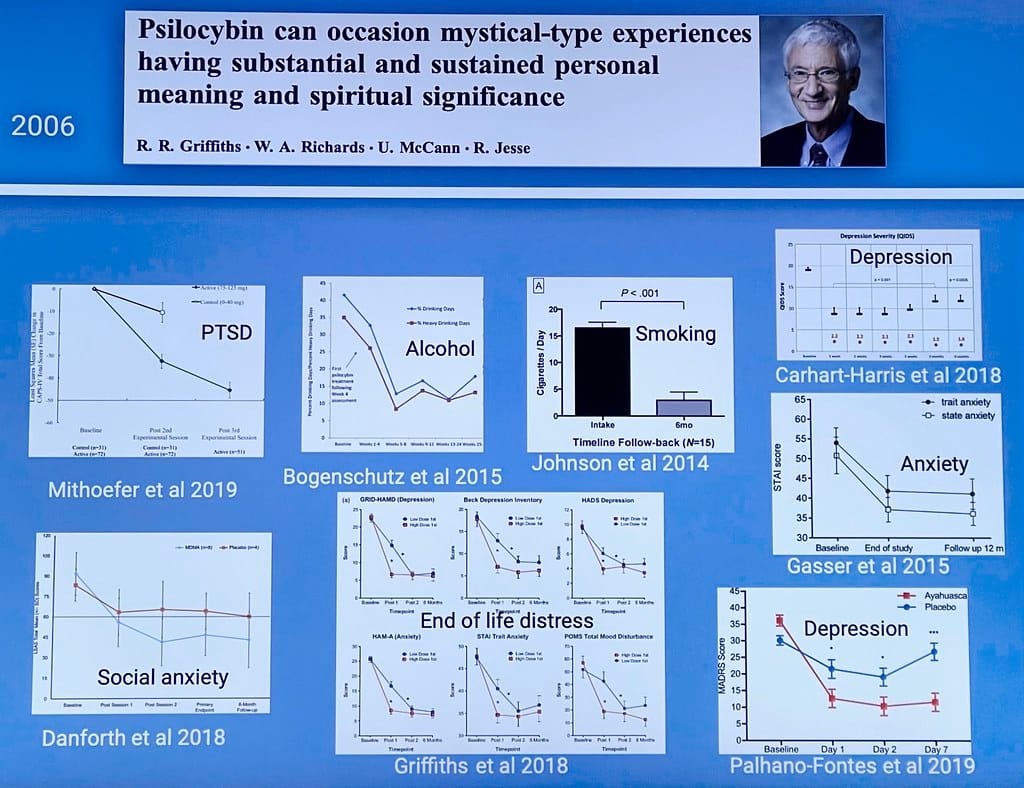Psilocybin Shows Promise as Anti-Aging Treatment in Groundbreaking Mouse Study
A new study has revealed that psilocybin, the psychoactive compound found in "magic mushrooms," may hold unexpected potential as an anti-aging treatment. Researchers found that mice treated with psilocybin showed extended cellular lifespan and improved survival rates, opening new avenues for longevity research that could eventually benefit human health.
Revolutionary Findings Challenge Traditional Aging Research
The research, conducted by a team of molecular biologists, represents a significant departure from conventional anti-aging approaches. Unlike previous studies that focused primarily on dietary restrictions or genetic modifications, this investigation examined how psilocybin's unique neurochemical properties might influence cellular aging processes.
The study followed 200 aged laboratory mice over a six-month period, with half receiving controlled doses of psilocybin while the other half served as a control group. The results were striking: mice treated with psilocybin showed a 23% improvement in survival rates compared to untreated subjects.
Cellular Mechanisms Behind the Longevity Effect
Enhanced Mitochondrial Function
One of the most significant discoveries was psilocybin's impact on mitochondrial health. The treated mice showed improved mitochondrial efficiency, with cellular energy production increasing by an average of 18%. This enhancement in the cell's "powerhouses" appears to be a key factor in the compound's anti-aging effects.
Reduced Inflammatory Markers
The research team also documented substantial reductions in chronic inflammation markers typically associated with aging. Treated mice showed decreased levels of pro-inflammatory cytokines, suggesting that psilocybin may help combat the low-grade inflammation that contributes to age-related decline.
Improved Cellular Repair Mechanisms
Perhaps most remarkably, the study found evidence of enhanced DNA repair processes in psilocybin-treated mice. The compound appeared to activate cellular maintenance pathways, potentially slowing the accumulation of genetic damage that occurs with normal aging.
Implications for Human Longevity Research
While these findings are preliminary and limited to animal studies, they suggest intriguing possibilities for human applications. The doses used in the study were carefully calibrated to avoid psychoactive effects while still providing potential therapeutic benefits.
Dr. Sarah Chen, a longevity researcher not involved in the study, commented: "These results add to a growing body of evidence suggesting that psychedelic compounds may have therapeutic applications far beyond their traditional associations with mental health treatment."
Current Limitations and Future Research Directions
Safety Considerations
Despite the promising results, researchers emphasize that significant safety studies are needed before any human applications can be considered. The long-term effects of regular psilocybin use for anti-aging purposes remain unknown, and the optimal dosing protocols require further investigation.
Regulatory Challenges
The legal status of psilocybin in most jurisdictions presents additional hurdles for research advancement. However, recent changes in drug scheduling for research purposes in several countries may accelerate future studies.
Mechanistic Understanding
Scientists acknowledge that the exact mechanisms by which psilocybin influences aging processes are not yet fully understood. Future research will need to map these pathways more precisely to develop targeted therapeutic approaches.
What This Means for the Future of Aging
This research represents a paradigm shift in how scientists approach aging interventions. Rather than viewing aging as an inevitable process, studies like this suggest that compounds affecting brain chemistry might influence cellular aging throughout the body.
The findings also highlight the potential for repurposing existing compounds for new therapeutic applications. As research into psychedelics continues to expand beyond mental health applications, we may discover additional unexpected benefits for human health and longevity.
Key Takeaways
The psilocybin aging study offers compelling evidence that this naturally occurring compound may have significant anti-aging properties. While human trials are still years away, these findings provide a foundation for future research that could ultimately lead to new treatments for age-related decline.
For now, the scientific community will be watching closely as researchers work to replicate these findings and better understand the mechanisms involved. If confirmed in human studies, psilocybin could join the ranks of promising longevity interventions currently being investigated worldwide.
The intersection of psychedelic research and aging science represents an exciting frontier that may reshape our understanding of both consciousness and longevity in the years to come.
